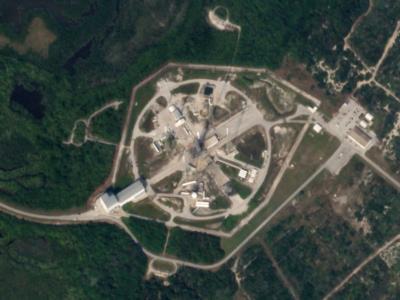Sat, May 14, 2022
Advertisement
More News
 Aero-TV: DeltaHawks Diesel Power Steps Into the Spotlight
Aero-TV: DeltaHawks Diesel Power Steps Into the Spotlight
Its Offerings Are Lighter, Cleaner, and Now Pushing Past 1,000nm on SAF Jet Fuel DeltaHawk’s diesel-powered aircraft lineup has seen incredible upgrades over the last few yea>[...]
 NTSB Prelim: Mooney Aircraft Corp. M20K
NTSB Prelim: Mooney Aircraft Corp. M20K
The Airplane Experienced A Total Loss Of Engine Power On December 3, 2025, about 1600 central standard time, a Mooney Aircraft Corp. M20K, N57229, was substantially damaged when it>[...]
 ANN FAQ: Turn On Post Notifications
ANN FAQ: Turn On Post Notifications
Make Sure You NEVER Miss A New Story From Aero-News Network Do you ever feel like you never see posts from a certain person or page on Facebook or Instagram? Here’s how you c>[...]
 ANN's Daily Aero-Linx (12.20.25)
ANN's Daily Aero-Linx (12.20.25)
Aero Linx: European Society of Aerospace Medicine (ESAM) As a pan-European, independent forum, it works to promote the safety and health of all persons involved in aviation and spa>[...]
 Aero-News: Quote of the Day (12.20.25)
Aero-News: Quote of the Day (12.20.25)
“We are excited to see Wisk achieve this milestone, and I’m so proud of the team that made it possible. The team at Wisk has built advanced technologies across flight c>[...]
blog comments powered by Disqus




